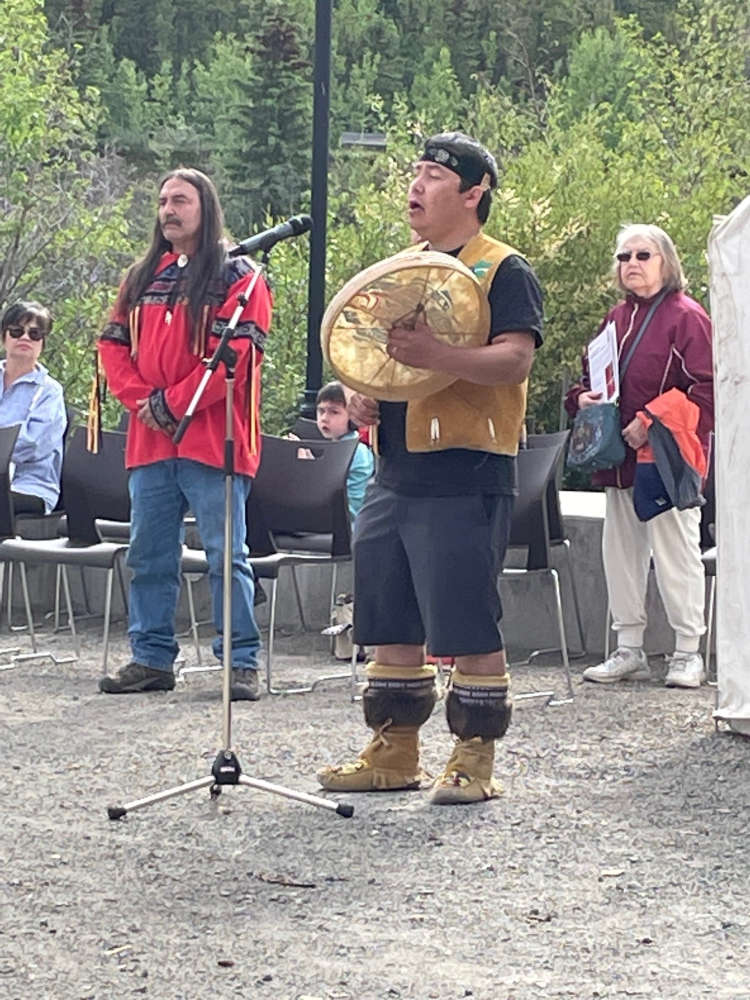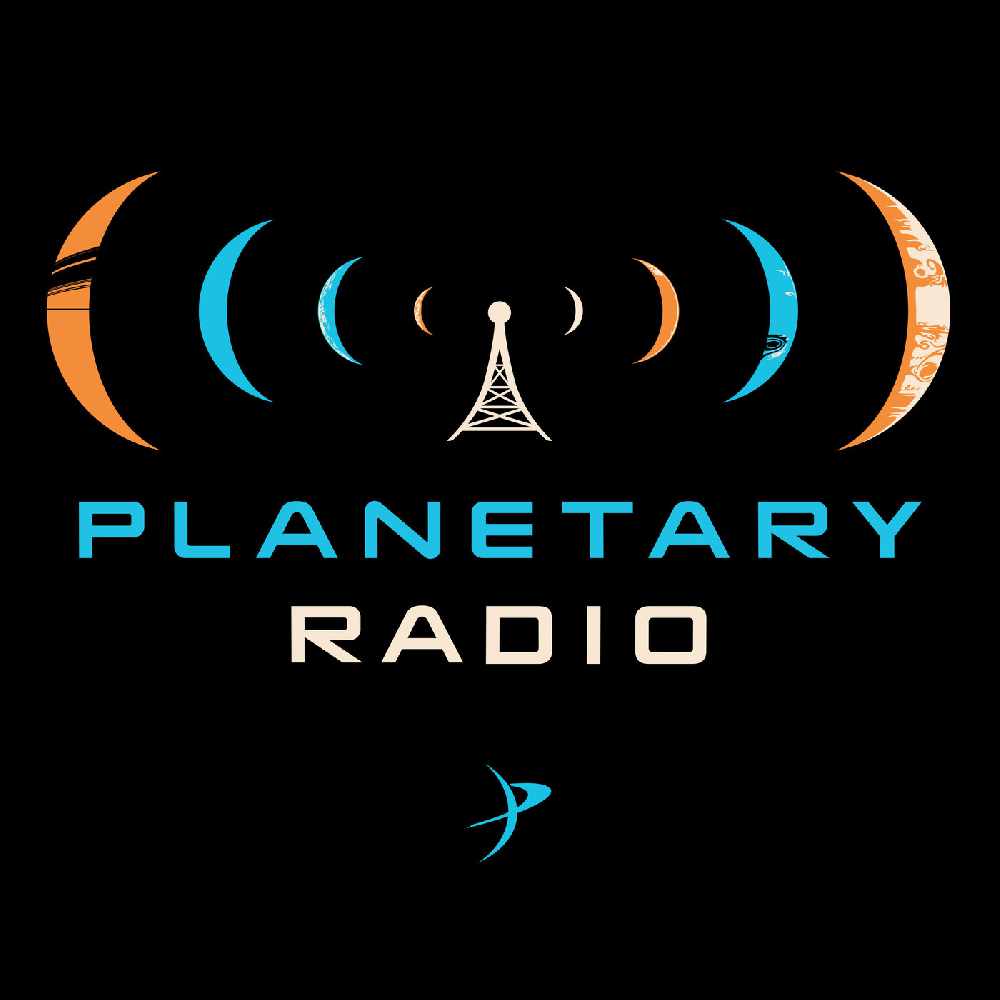
Human Wildlife Conflict Prevention Officer Aaron Young says three First Nations are leading the way in the Territory by using bear proof garbage cans in their communities.
Human Wildlife Conflict Prevention Officer Aaron Young says human-bear conflicts are at record levels in Southeastern Yukon according to a recent annual report.
Young says the growing population in the Whitehorse area is a large part of the increasing conflicts as most other areas in the Territory have seen more normal bear activity.
"Well certainly we've seen an increase in bear-human conflicts in 2018 from our previous high in 2017. There was 267 total bear incidents in 2018 where we only had 206 in 2017. We also translocate a lot more grizzly and black bears this year than we ever had in the past. This year, we translocated 51 black bears and seven grizzly bears... That's more than five times as many than we've translocated in previous years."
While Young says public education is key in preventing human-bear conflicts, he say's local local First Nations are leading the way in bear prevention.
"Several of the First Nations have taken the initiative to make their communities and their citizens a lot safer. There's a new bearproof bin prototype that has been designed and is being tested this year by three First Nations here (Southeaster Yukon) to try and make those communities a lot safer. As we all know, a bear that gets into garbage quickly becomes human food conditioned, and they can become quite aggressive in defending those food sources."
These include the Kwanlin Dun First Nation, the Ta'an Kwach'an Council and the Selkirk First Nation in Yukon.
Young says bears that have become accustomed to human food attractants means it's much more harder to relocate the animal.
The new report Young says gather statistical figures from 2012 and helps distinguish whats causing bear conflicts in the Yukon.
"It's something that we've started last year and it's a report that we do to help summarize what are the nature of these conflicts, how many conflicts we're seeing and what are they related to in regards to the attractants. We're seeing one-third of these conflicts are all related to garbage for instance. Another one-third of these conflicts are related to human and pet foods."
Young says prevention is the best way the public can help reduce stress for bears and to prevent them from being destroyed or being relocated as the Yukon population grows.
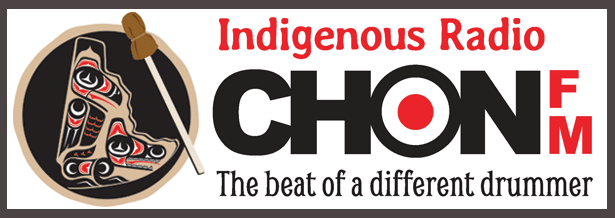
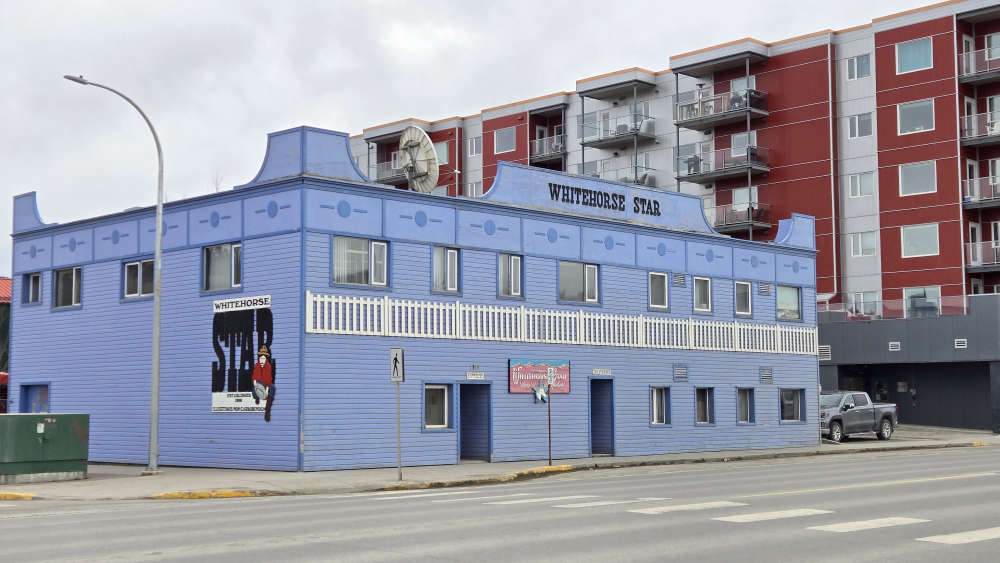 The end of one Star sparks the birth of another
The end of one Star sparks the birth of another
 UPDATE: Missing First Nations Haines Junction residents located
UPDATE: Missing First Nations Haines Junction residents located
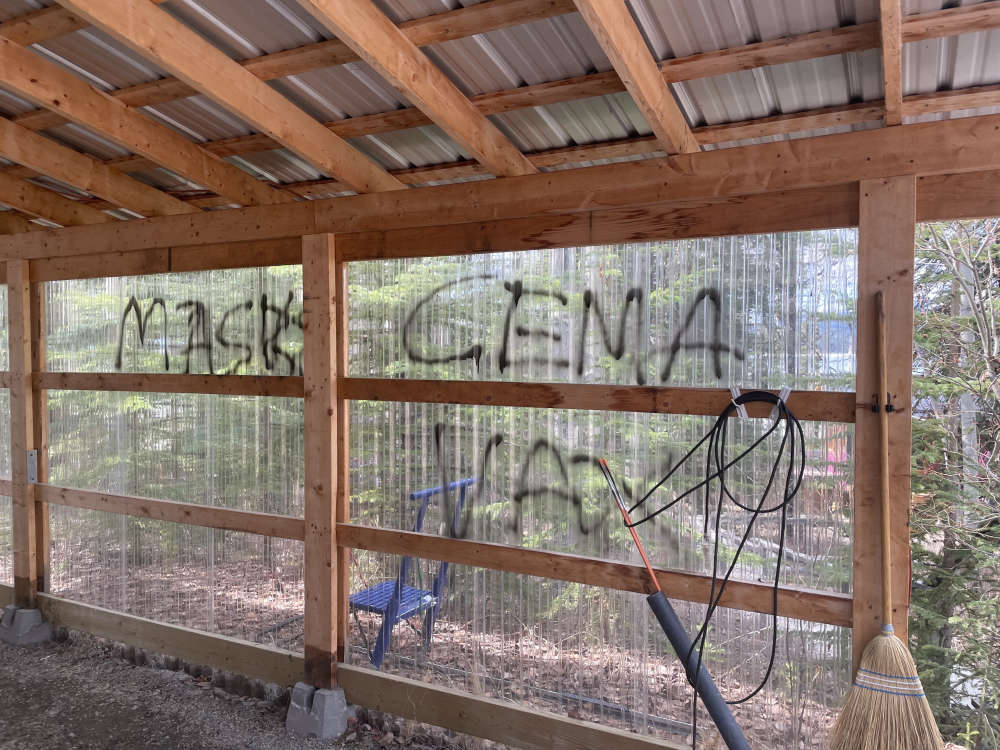 Minister's home vandalized with threats and profanity
Minister's home vandalized with threats and profanity
 Whitehorse Community Thrift Store donates $100K to community organizations.
Whitehorse Community Thrift Store donates $100K to community organizations.
 Whitehorse residential school ground searches completed
Whitehorse residential school ground searches completed
 Arrested parent accuses department of Education of escalating matters at Holy Family School
Arrested parent accuses department of Education of escalating matters at Holy Family School
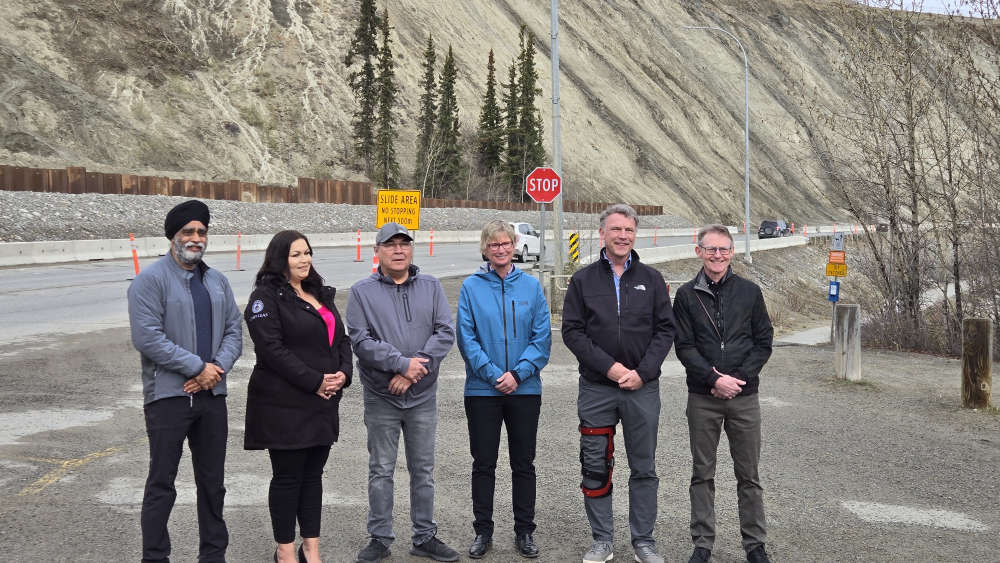 Government of Canada announce over $45M to protect Whitehorse Escarpment and Robert Service Way
Government of Canada announce over $45M to protect Whitehorse Escarpment and Robert Service Way
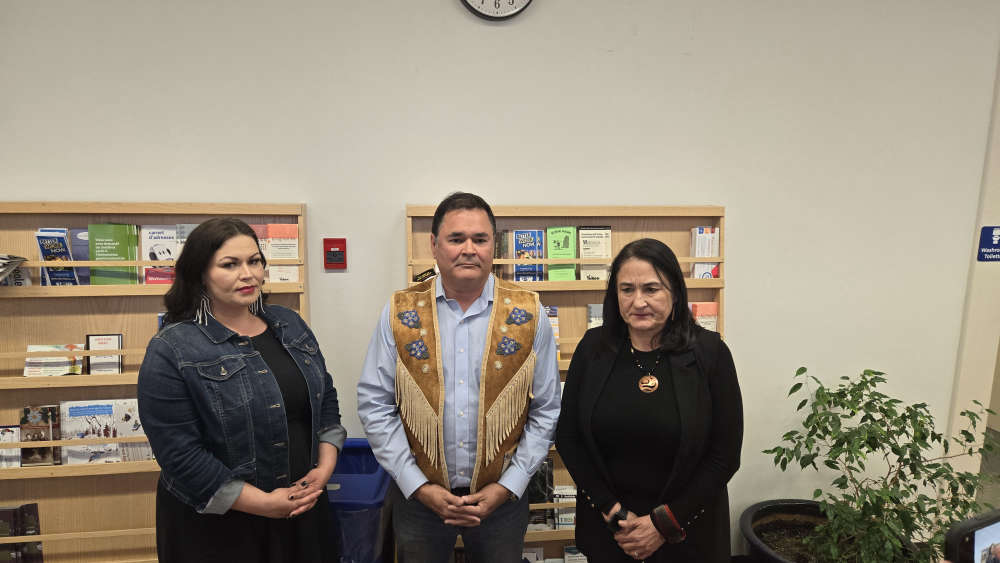 Yukon government passes Health Authority Act
Yukon government passes Health Authority Act
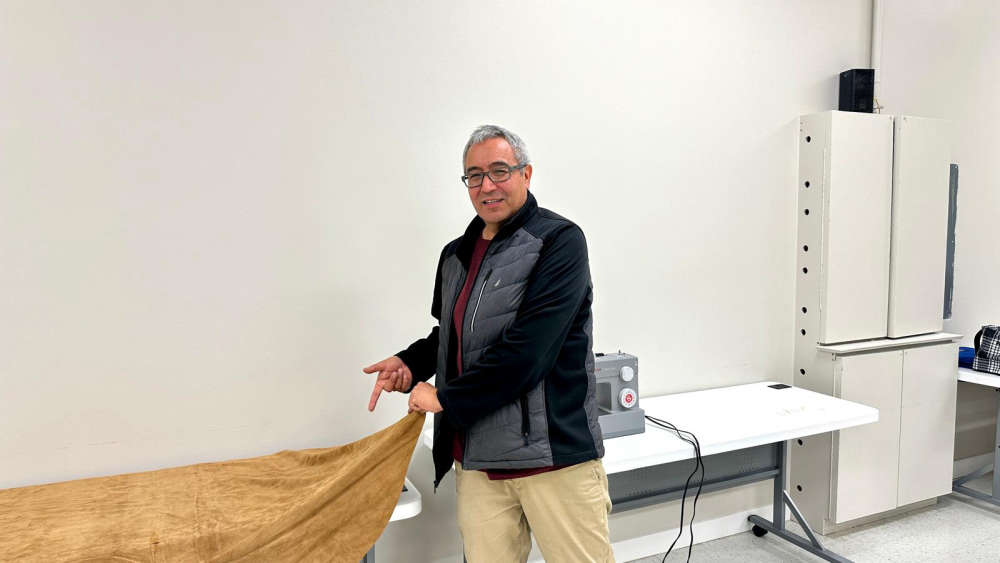 Regalia workshop for special traditional occasions holds in Whitehorse
Regalia workshop for special traditional occasions holds in Whitehorse
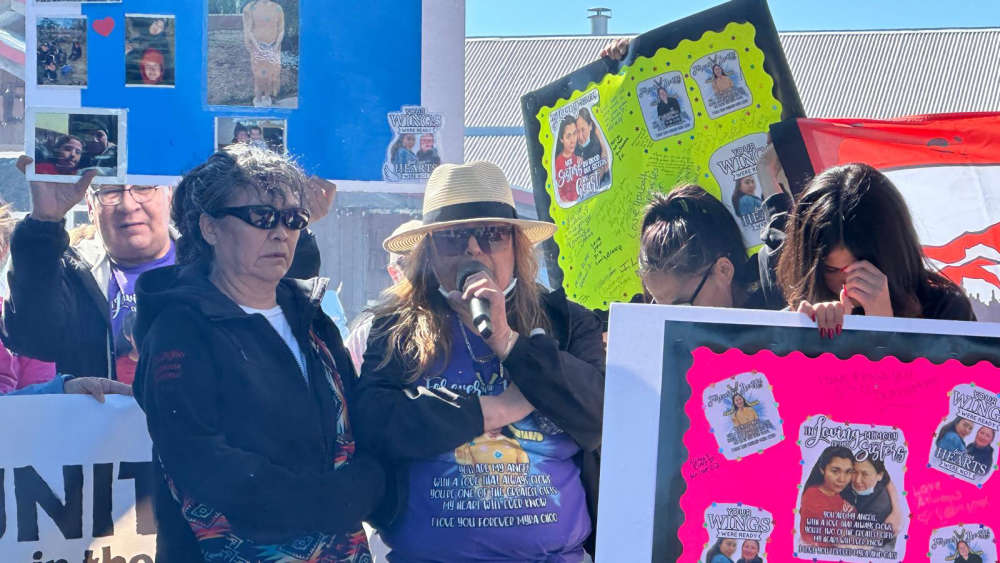 Unity in the Community Walk for four Yukon women who died at the Whitehorse Emergency Shelter held in Whitehorse
Unity in the Community Walk for four Yukon women who died at the Whitehorse Emergency Shelter held in Whitehorse
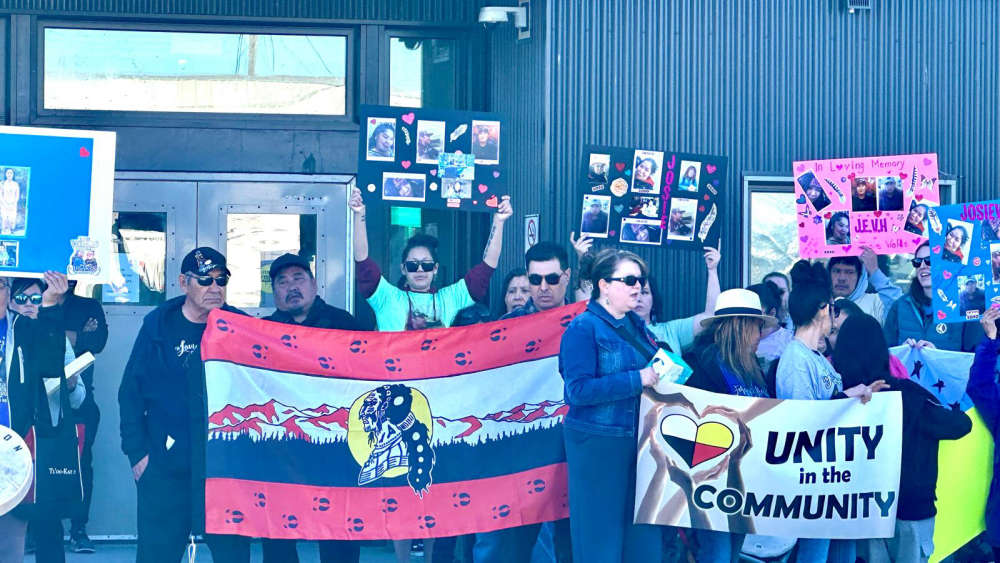 Testimony hearing into the deaths of four Yukon women comes to an end.
Testimony hearing into the deaths of four Yukon women comes to an end.
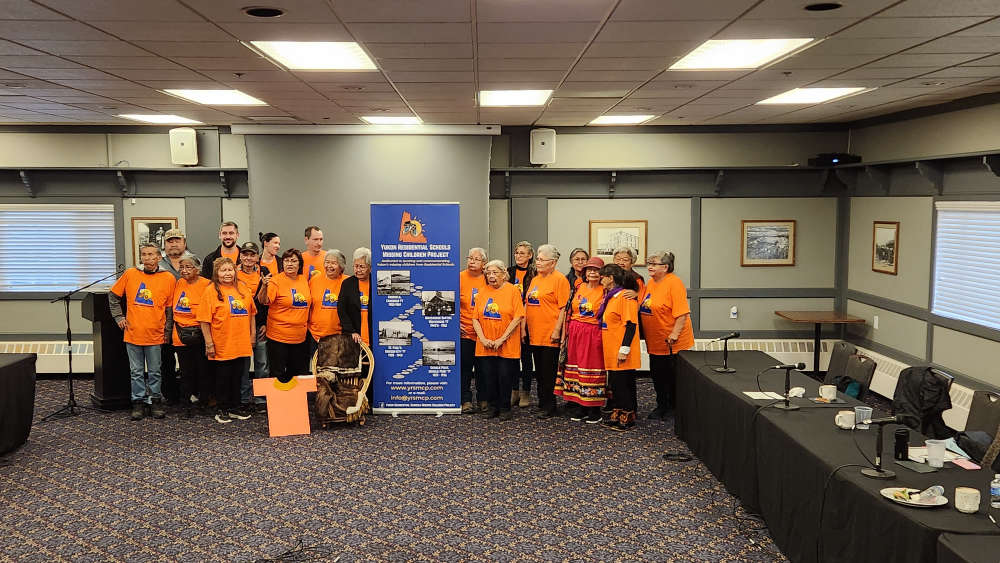 Ground searches at two former Whitehorse residential school sites begin this week
Ground searches at two former Whitehorse residential school sites begin this week
 Coroner's Inquest sees footage of lifeless body ignored for more than 12 hours
Coroner's Inquest sees footage of lifeless body ignored for more than 12 hours
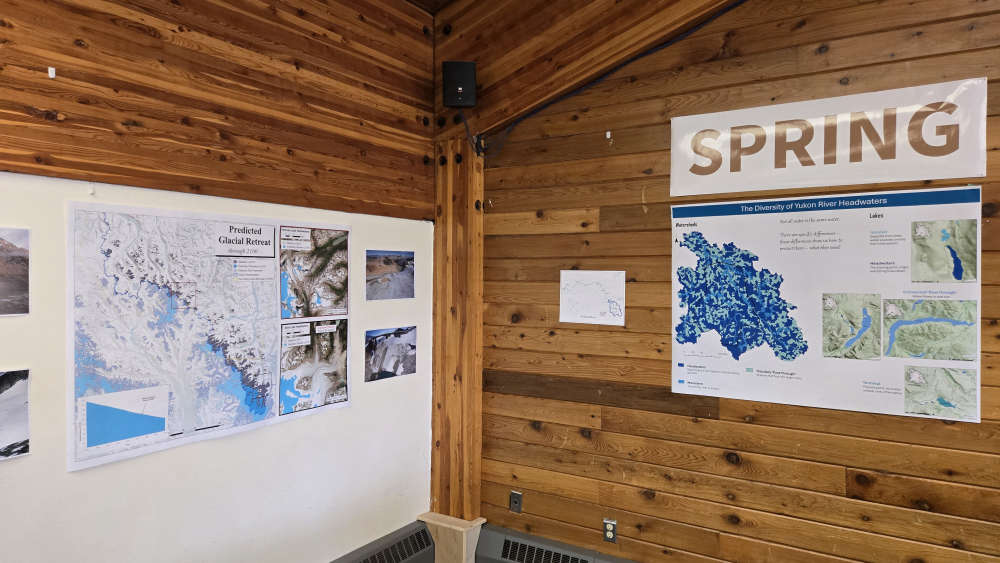 How We Walk with the Land and Water holds two open houses
How We Walk with the Land and Water holds two open houses
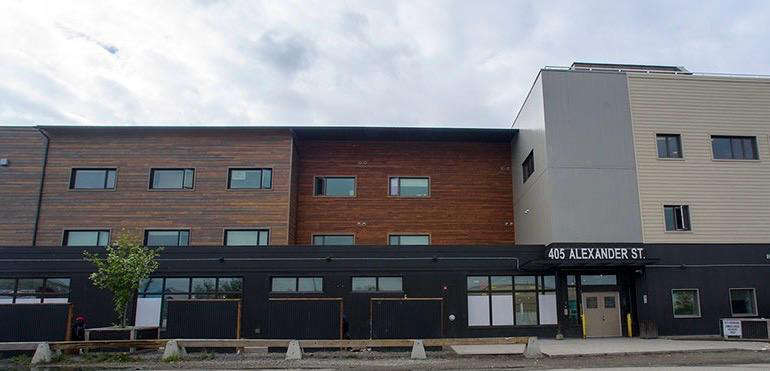 Whitehorse Emergency Shelter staff not trained for emergencies, inquest hears
Whitehorse Emergency Shelter staff not trained for emergencies, inquest hears
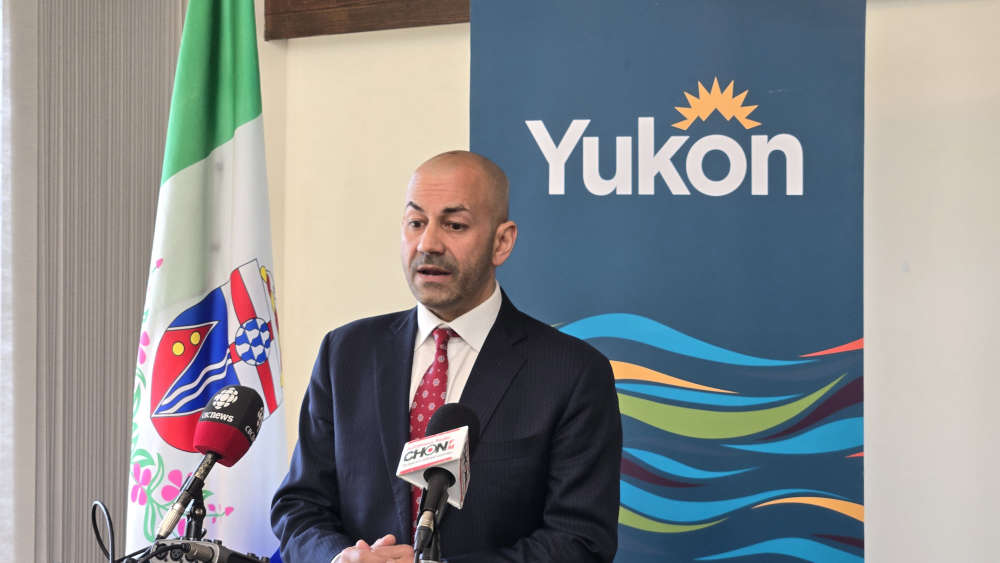 Premier pledges to meet with Yukoners living in tents to help them find housing
Premier pledges to meet with Yukoners living in tents to help them find housing
